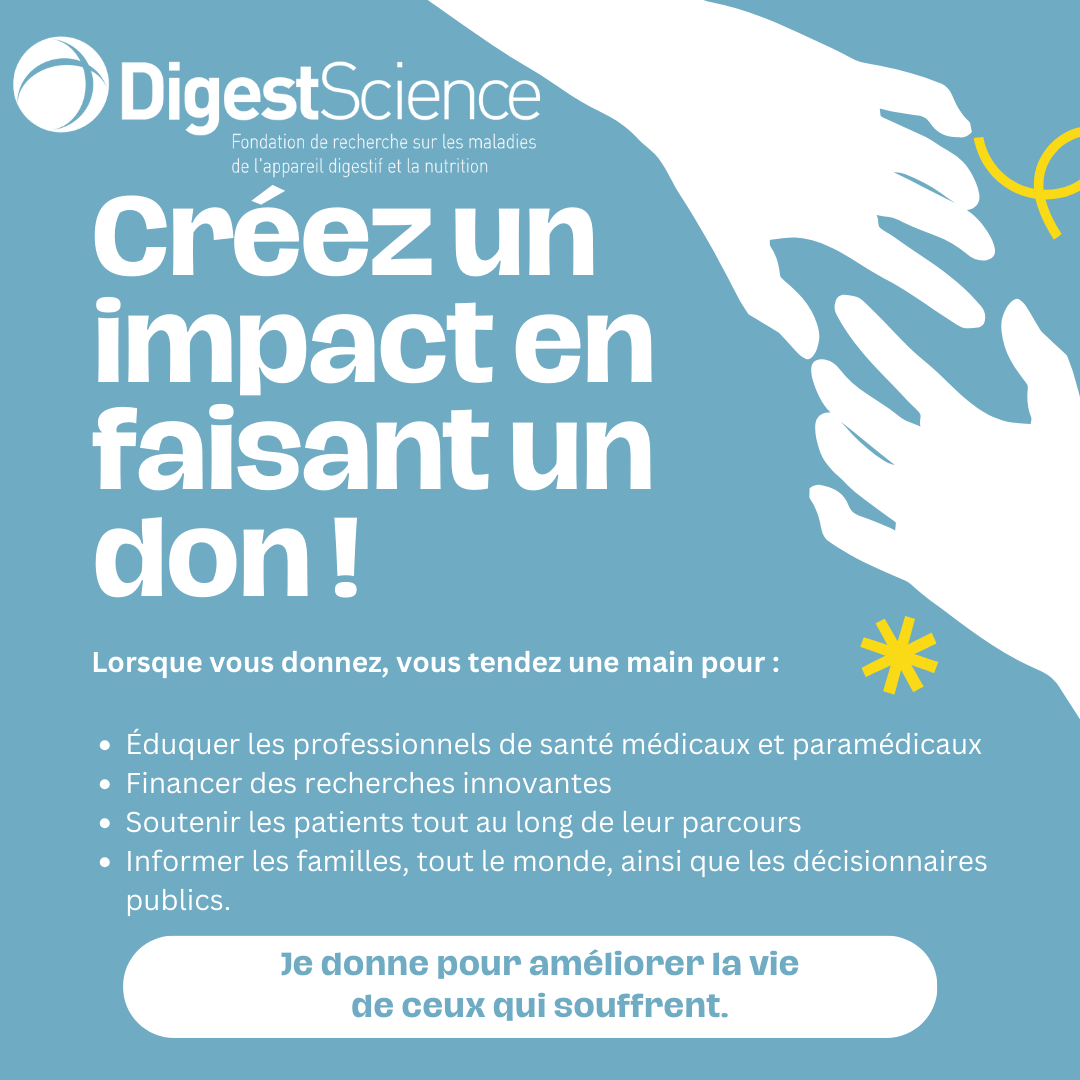A better knowledge of the natural history of disabling chronic diseases is essential to improve patient management, evaluate the impact of treatment strategies and provide predictors for disabling disease and comprehensive information for patients.
To summarise our current knowledge issued from population-based studies of the natural history of ulcerative colitis (UC) in children.
A total of 26 population-based studies were considered in this review. Most patients presented disease extension and about two-thirds of patients had pancolitis at the end of follow-up. One-half of patients experienced extra-intestinal manifestations and primary sclerosing cholangitis was observed in 5-10% of patients. Overall, patients did not appear to have any significant growth retardation or delayed puberty. About two-thirds of patients required corticosteroid therapy and up to 25% were steroid dependent. An increased use of thiopurines was observed and the most recent data indicate that up to one-half of patients were exposed to thiopurines and 10-30% were exposed to anti-tumour necrosis factor. One-half of patients required hospitalisations and 20% of patients required colectomy after a follow-up of 10 years.
Then, paediatric-onset UC is characterised by a high rate of disease extension. About 20% of patients had been operated at 10-year follow-up. New population-based studies are needed to evaluate the impact of new treatment strategies comprising immunosuppressants and biologics.
Reference
Mathurin Fumery, Dana Duricova, Corinne Gower-Rousseau, Vito Annese, Laurent Peyrin-Biroulet, Peter Lakatos
Aliment Pharmacol Ther. 2016;43:346-55


